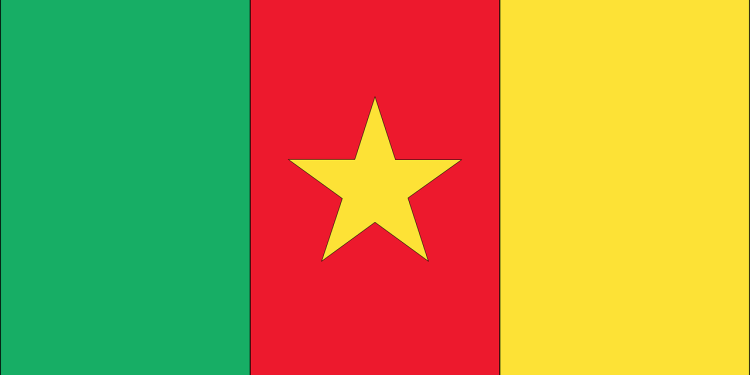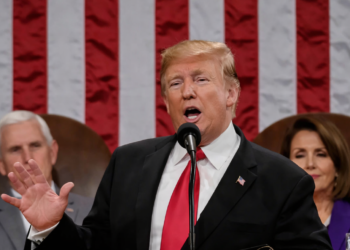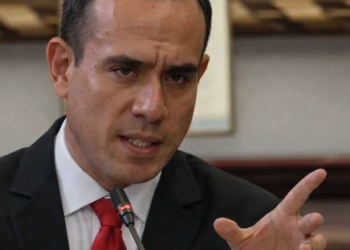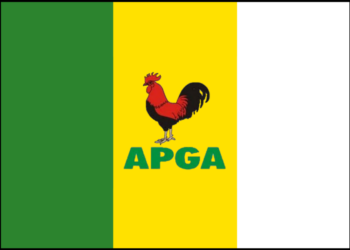The world’s oldest serving head of state, 92-year-old Cameroonian President Paul Biya, has stunned the international community by announcing his bid for an unprecedented eighth term in October’s election – a move that could extend his 43-year authoritarian rule until he nears 100 years old.
In a Sunday social media post that broke his six-week public silence, Biya claimed his decision responded to “numerous and insistent calls” from citizens, though critics argue it reflects the crumbling support base of Africa’s second-longest ruling leader after Equatorial Guinea’s Teodoro Obiang.
Biya’s announcement resurfaced concerns about his fitness to govern after his mysterious 42-day disappearance last year spawned death rumors and forced the government to ban health discussions as a “national security matter”.
The octogenarian leader now faces rebellion from former allies like Minister Issa Tchiroma Bakary, who defected last month declaring the administration had “broken public trust,” and ex-Prime Minister Bello Bouba Maigari – both crucial northern powerbrokers in past elections.
Their departures expose widening fractures in the ruling Cameroon People’s Democratic Movement (CPDM), even as party loyalists orchestrated public calls for Biya’s reelection.

How Term Limits In Cameroon Became Obsolete
The 2008 constitutional amendment abolishing presidential term limits paved the way for Biya’s political immortality, allowing his controversial 2018 reelection with 71% amid opposition claims of mass voter suppression and ballot stuffing.
This time, he confronts a fragmented opposition field including 2018 runner-up Maurice Kamto and rising critics like lawyer Akere Muna, though analysts note Cameroon’s 300+ political parties lack unity to challenge CPDM’s machinery. The electoral landscape remains perilous – Human Rights Watch documents systematic crackdowns on dissent, including the illegalization of opposition coalitions and arrests of activists under anti-terror laws.
Meanwhile, interviews reveal a nation paralyzed by contradictions: public sector worker Ngono Marius insists Biya “still has much to offer,” while consultant Sylvia Tipa muses whether his rule reflects divine will.
Yet anonymous citizens describe unprecedented generational despair – “Never in political history…” one whispered to BBC reporters, too fearful to share identifying details in a country where criticizing the president risks reprisals.
This climate of intimidation still festers despite Cameroon’s crises – from Boko Haram incursions to an anglophone separatist conflict displacing thousands – which Biya’s post vaguely references as “urgent challenges”.
What Happens Next
Should Biya secure another seven-year term, he would govern until age 99, surpassing Zimbabwe’s Robert Mugabe as Africa’s oldest ruler and leaving Cameroon vulnerable to a destabilizing succession crisis.
International observers are warning that the election may change little in this resource-rich yet troubled nation – already, state media frames the campaign as inevitable victory for “the people’s choice,” while exiled activists like human rights lawyer Nkongho Felix Agbor decry “stalled transition” and demand democratic renewal.
As the October 12 vote approaches, one certainty is known: whether through ballot boxes or divine providence, Paul Biya’s twilight reign shows no signs of of waning anytime soon.

















